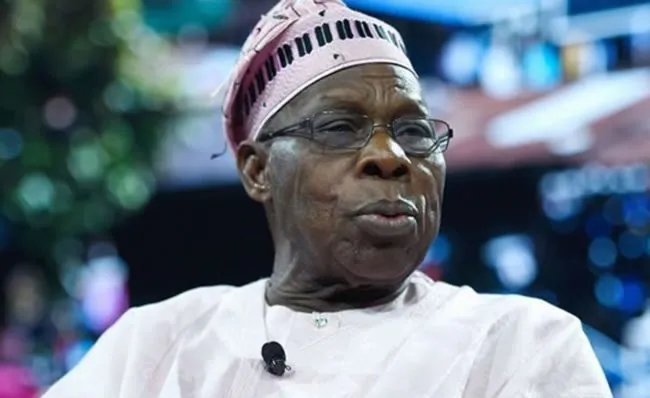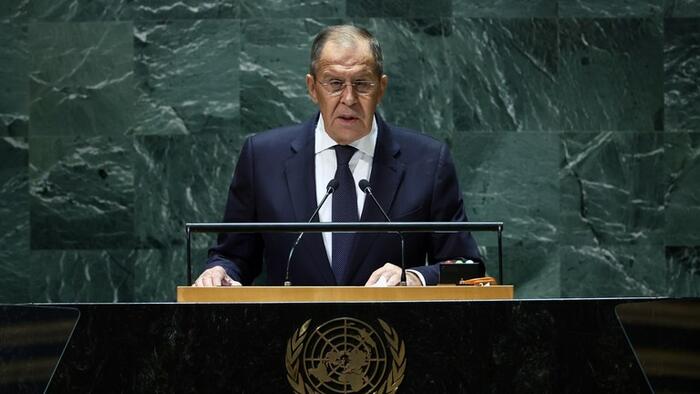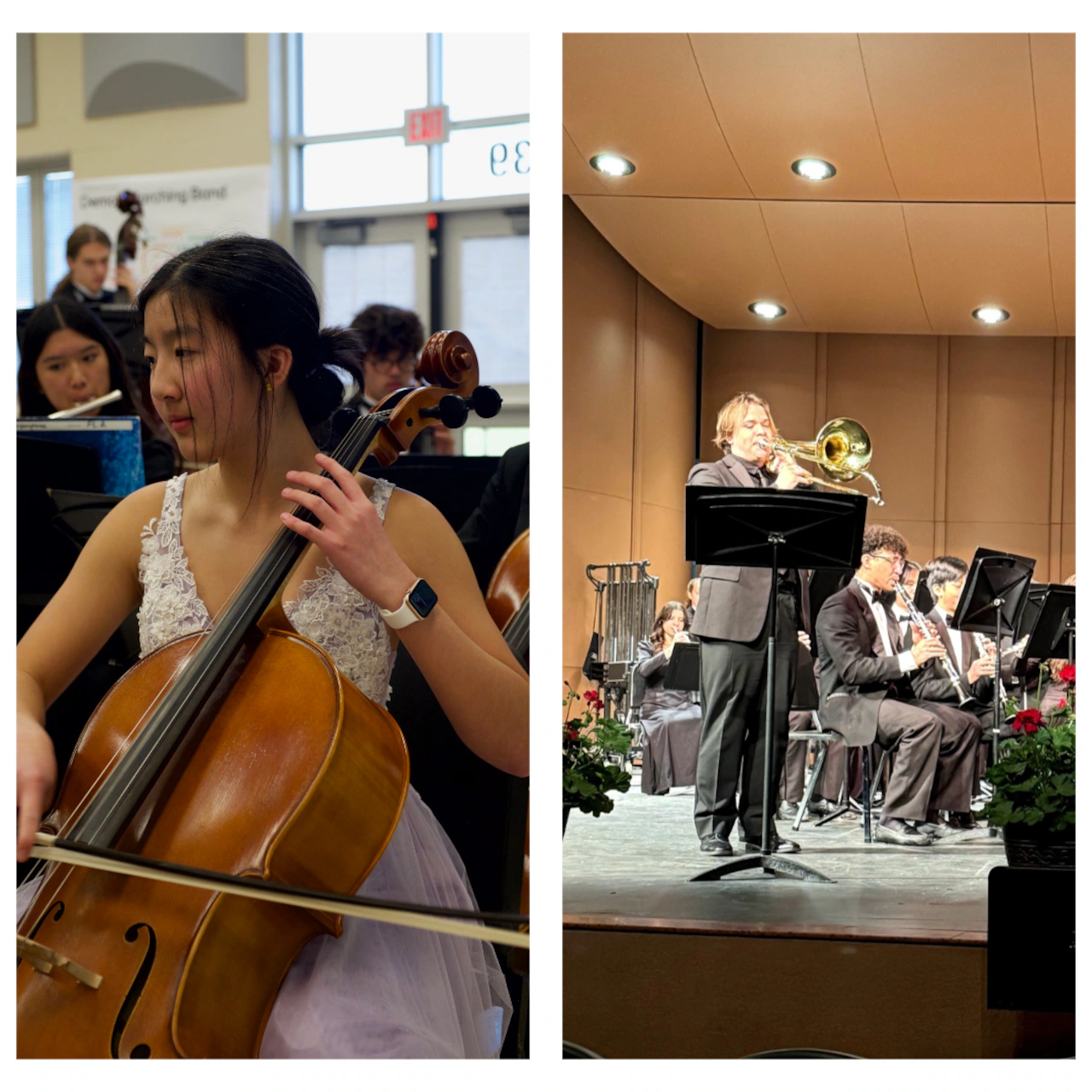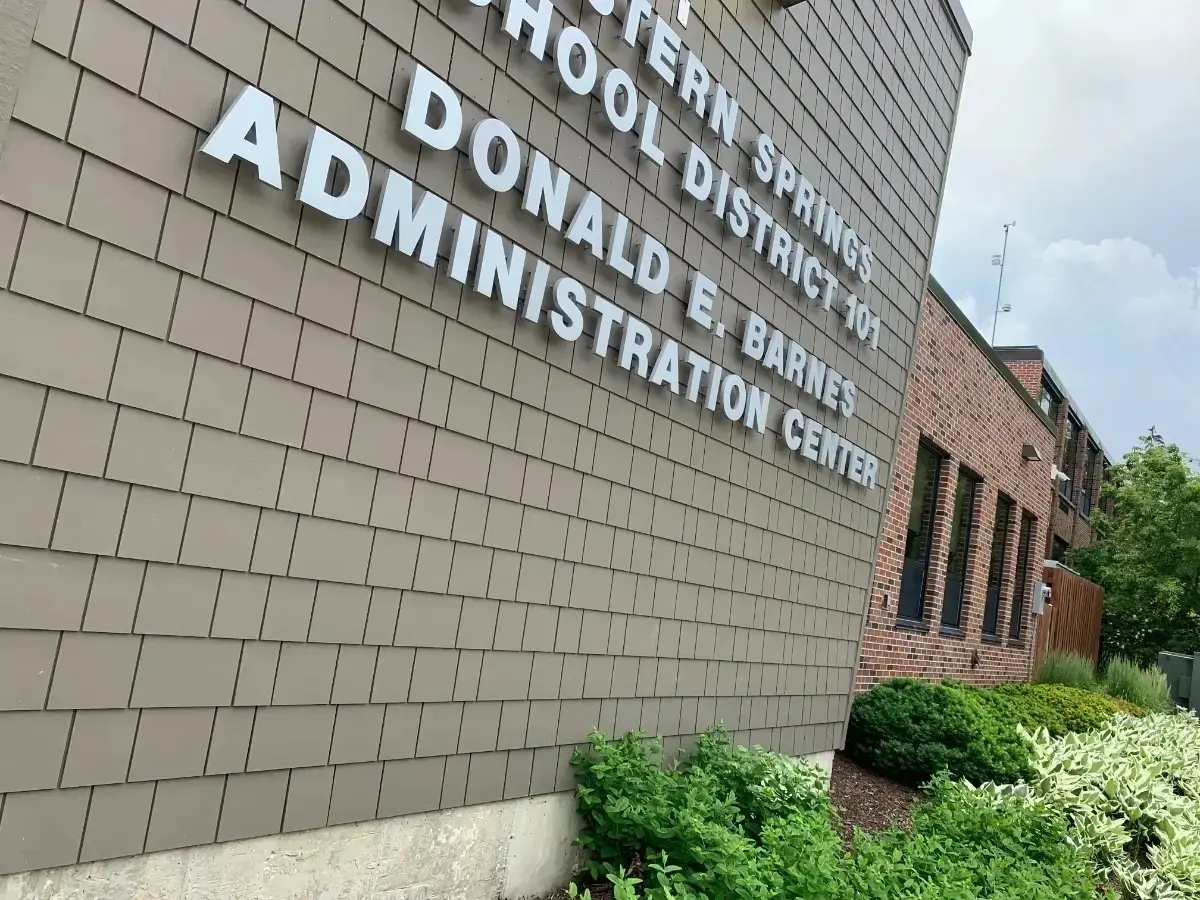By Olakunle Maruf
Copyright tribuneonlineng

Former President Olusegun Obasanjo, the Sultan of Sokoto, Alhaji Muhammad Sa’ad Abubakar III, and the Catholic Bishop of Sokoto Diocese, Most Rev. Matthew Hassan Kukah, on Tuesday converged in Sokoto with a common message: Nigeria must urgently invest in education, skills, and unity to avert future instability.
The key to this, they suggest, lies in significant investment in education.
They spoke at the commissioning of the Bakhita ICT Centre, a facility equipped with 250 laptops and 50 digital tablets to provide training in ICT and vocational skills for young people, including children. Such facilities represent a tangible investment in education and vocational training.
Obasanjo warned that Nigeria’s 24 million out-of-school children constitute “a ticking time bomb” that could worsen insecurity if not urgently addressed. Prioritising investment in education is essential to mitigate these risks.
ALSO READ: Malala Fund commends collective education activism in Nigeria
“You don’t need an oracle to know they will become the recruiting ground for Boko Haram of tomorrow,” he said, cautioning that with the population projected to hit 400 million by 2050, failure to plan would make current security challenges appear mild.
He also highlighted the disruptive impact of artificial intelligence on jobs and lamented Nigeria’s dependence on food imports despite vast agricultural potential. “If farmers cannot make profit, they will stop planting,” he said.
The Sultan of Sokoto, in his remarks, urged Nigerians to reject divisive narratives, describing the country’s diversity as its greatest asset. He dismissed foreign reports alleging religious genocide in Nigeria as “false and exaggerated,” citing the interfaith harmony reflected at the event itself.
“If we can sit here in Sokoto, just five minutes from the Sultan’s palace, with Christians and Muslims praying side by side, why does nobody talk about that?” he queried.
He stressed that insecurity has lingered for over 15 years because it has become “a business,” urging leaders to confront the root causes with sincerity.
Bishop Kukah, who initiated the project with the support of legal luminary Aare Afe Babalola, said the centre was his contribution to tackling poverty and unemployment in Northern Nigeria. This further exemplifies how targeted investment in education can change lives.
“Among the almajiri on our streets, there could be an Albert Einstein. Geography must not define destiny,” he said, adding that the facility would provide free Wi-Fi and affordable digital resources to ensure access for all.
Kukah, who described Obasanjo as “a man whose energy and service remain unmatched,” also thanked the Sultan for his consistent support in promoting harmony.
The event, attended by traditional rulers, clerics, political leaders, and youths, featured cultural displays and underscored the call for interfaith collaboration as a pathway to peace and development.



